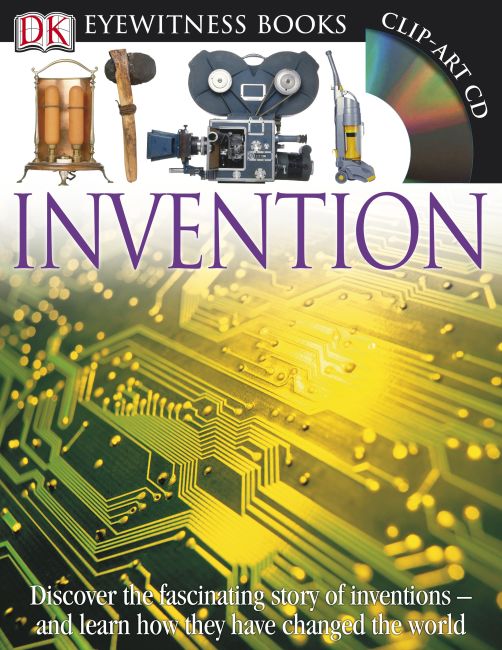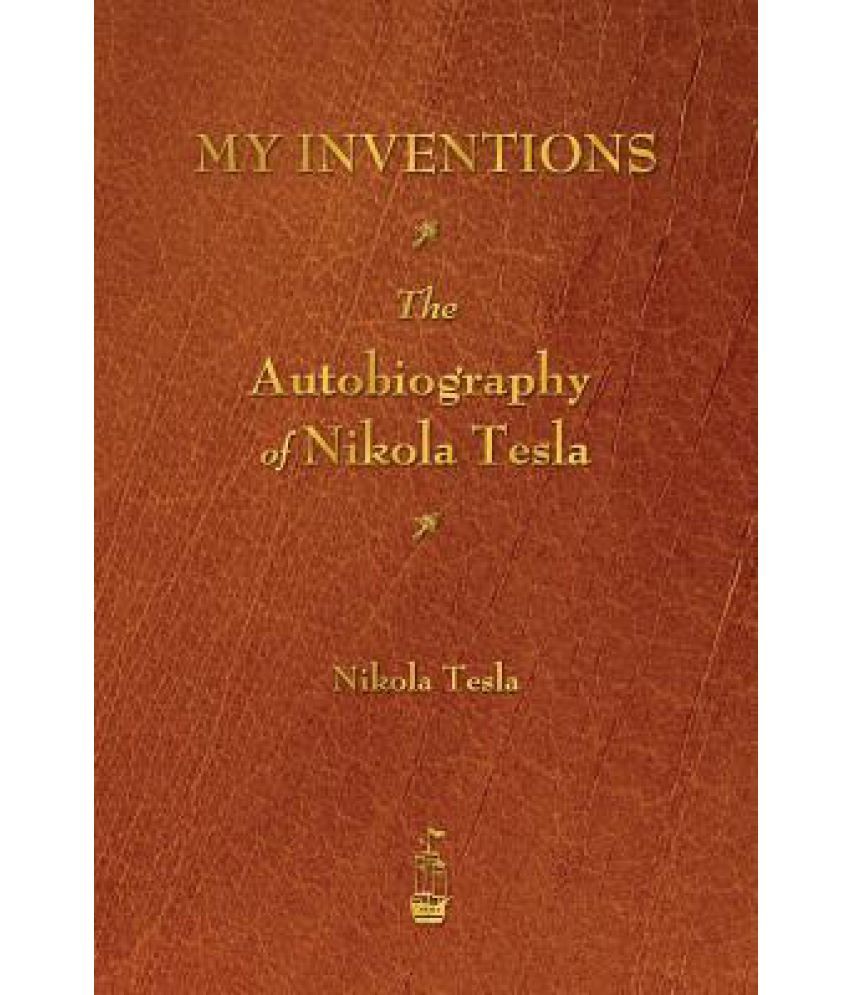

I was frustrated with my previous experiences working as a consultant. This research was mainly driven by an interest, but also a frustration. I bumped into workarounds after I had already started. I didn’t start with the goal of studying workarounds.

What surprised you while researching and writing this book? I wanted to make sure that this knowledge could be used by many different organizations and individuals. I had the desire to communicate with many different audiences, not only restrict to abstract concepts that normally stay in academia. It also resonates a lot with people in professional settings, in their daily lives. Many of them said that my research could be turned into a book because the research resonated with a lot of people. Once I finished this research, I got a lot of feedback from people from all walks of life: not only academics, but also people with whom I had already worked and people with whom I had interviewed, for example, in other international organizations and so on. When I started conducting this research, I had worked for quite a few years as a consultant, as an entrepreneur, so very engaged in translating knowledge from academic settings to the realities of companies-social enterprises, for example. This question is actually something that I started thinking about more after I had already finished this research. An edited version of the conversation follows.

Savaget shares why unconventional approaches to problem solving-reinterpreting rules, repurposing resources, and changing mindsets-may bring the most positive results. In this edition of Author Talks, McKinsey Global Publishing’s Mary Kate Crowe chats with University of Oxford professor Paulo Savaget about his new book, The Four Workarounds: Strategies from the World’s Scrappiest Organizations for Tackling Complex Problems (Flatiron Books, March 7, 2023).


 0 kommentar(er)
0 kommentar(er)
